Business for South Africa (B4SA) is considering launching a fifth new focus area: the City of Joburg.
The business initiative already works with the government on targeted interventions to help lift economic growth and job creation by sharing private sector expertise in four key areas: energy, transport and logistics, crime and corruption, and job creation.
Through training of government staff, providing advice and other specific interventions, the group has racked up some achievements, but its primary aim of improving South Africa’s economic growth rate and improving the investment environment has so far proved elusive.
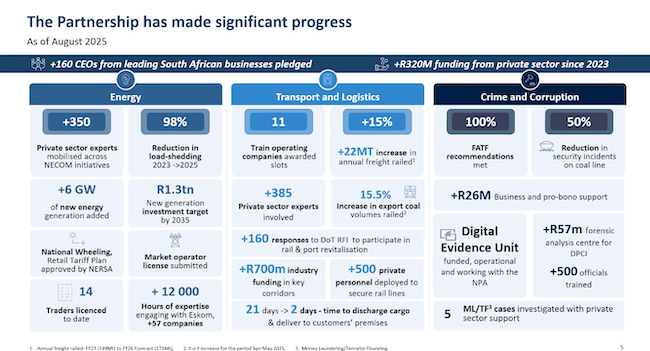
Merchant banker Martin Kingston told a briefing on Thursday that the group is looking at new focal areas. One of these is water. “There are many initiatives already under way with respect to water, we will see where and how we can better co-ordinate the work that the private sector is already doing,” he said.
The other, that has been raised in the group’s engagement with government, “both by ourselves and by government”, is Joburg. Its problems are legion, and well-known. Such is the scale of the challenge that the DA is throwing its veteran leader, Helen Zille, at the problem, in the hope that her return to frontline politics will shake up a punch-drunk city electorate buckling under the strain of rampant mismanagement.
“We’ve identified CEOs who are appropriate and committed to lead that process as well. That will start with an assessment, which is happening in the coming weeks. And we will report back in November as to whether we think we can assist and if so, how, over and above leveraging the existing initiatives,” he said.
Turns out that Kingston and company are “already under way” with “some of the very particular challenges” the city faces. But, he said, B4SA is not getting involved in the city’s mostly vitriolic politics. “We’ve made that clear at all levels of government including at a national, but also at a provincial level,” he said.
On the subject of this fifth stream, Discovery CEO Adrian Gore said the city is crucial “in the context of narrative and confidence”.
If the methodology of the other streams works, he said, “why not try it? There’s low hanging fruit. We think there’s a lot of expertise. There’s a lot of involvement in the city, anywhere from business. So it can be organised in a structured way that’s constructive. We think that that needs to be investigated.”
Gore said: “You’ll know we filled hundreds of thousands of potholes. The stuff is doable [and] obviously some profound issues take a lot more, but to make the point, I think there’s such vast interest in the city as an economic hub that to see it decline is very, very problematic.”
Sign up to Currency’s weekly newsletters to receive your own bulletin of weekday news and weekend treats. Register here.



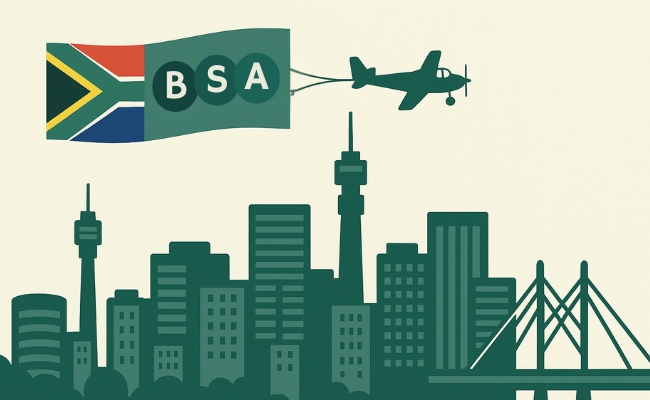
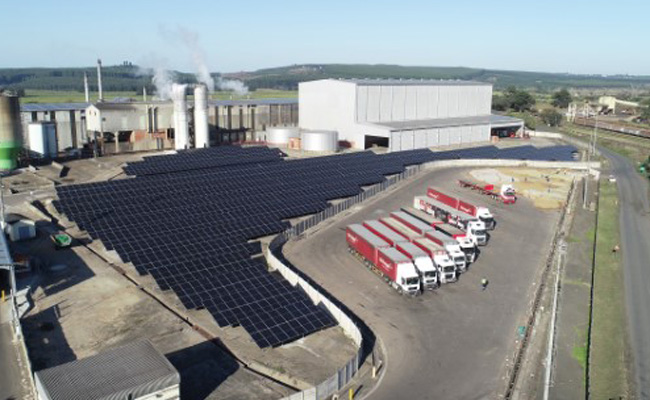
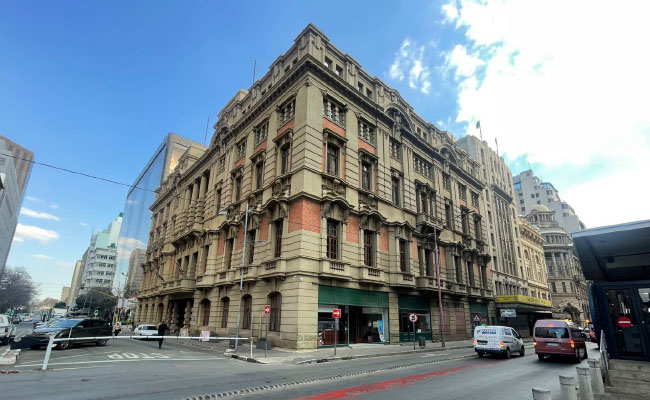
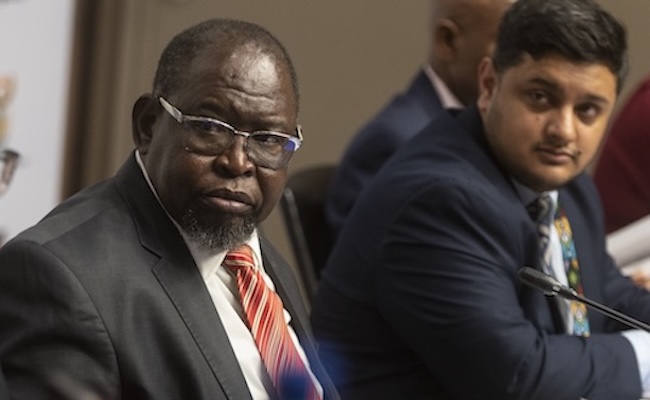

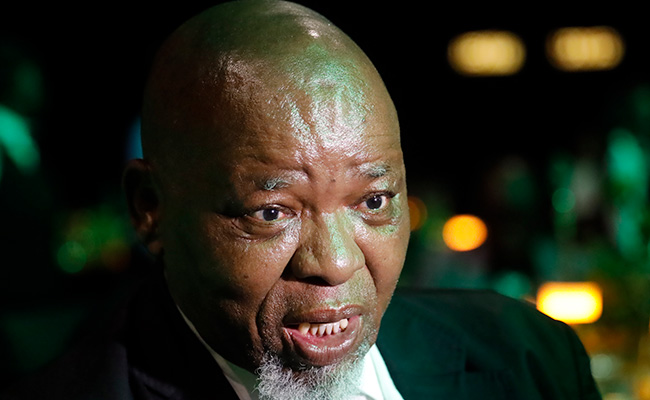


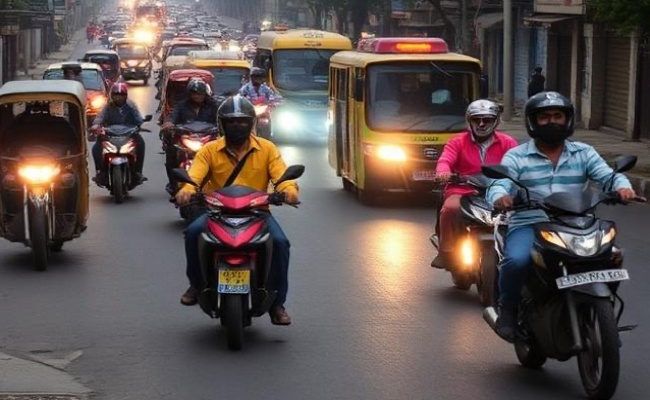

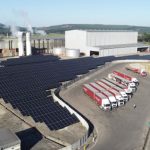
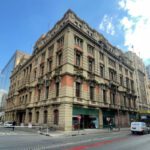
The ANC has broken the social contract due to well-known reasons. South Africa’s citizens pay very high taxes and leave the running of government to mostly ANC politicians and bureaucrats.
So, when government fails, it’s unjust, irrational and legally null for citizens to fulfill the legal duties of (highly paid, corrupt and incompetent) government officials. And it’s a malicious, hidden form of additional taxation.
Citizens should either let government fail, or take over its duties, as proposed, but not pay taxes, in these cases, to the municipalities.